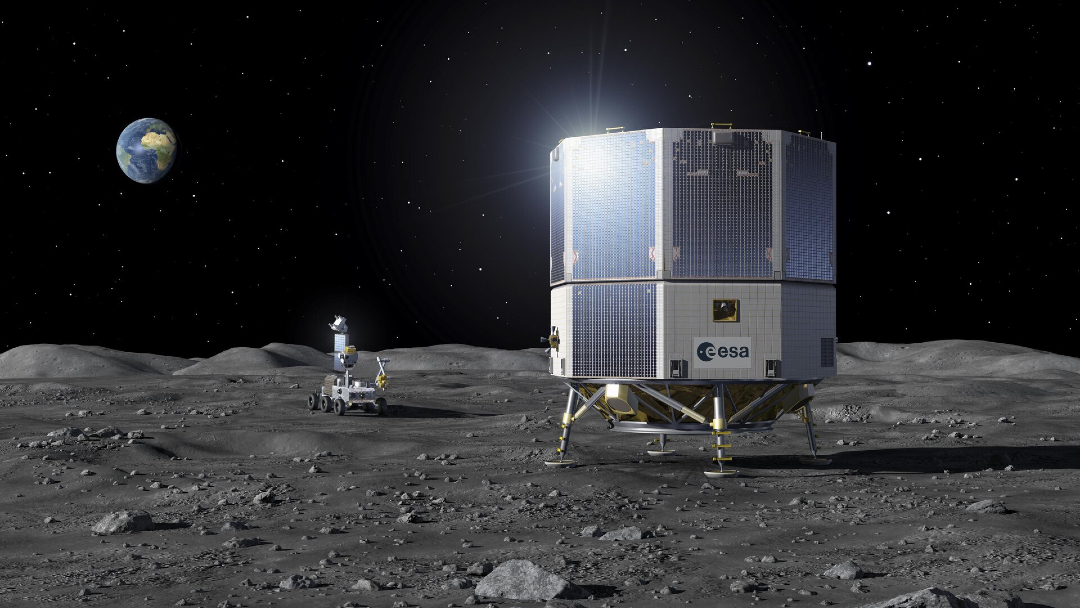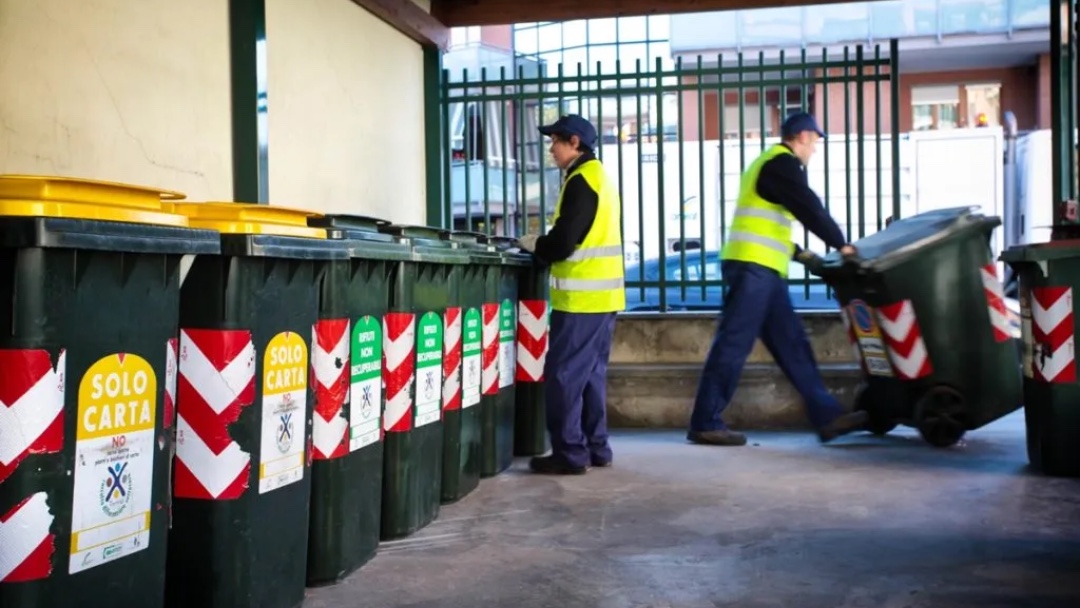From 2031, Europe will have a new ally in its lunar ambitions. The Argonaut space module, developed by Thales Alenia Space in Turin, will have the task of transporting up to one and a half tons of material to the surface of the Moon. This ambitious project, which is part of NASA’s Artemis program, but with a strong participation of the ESA (European Space Agency), marks a decisive step towards Europe’s space self-sufficiency.
Thales Alenia Space in Turin has won an ESA contract worth €862 million for the design and construction of Argonaut. The lunar module will be entirely built in Turin thanks to the skills and cutting-edge space technologies of Thales Alenia Space, which will be responsible for the design of the spacecraft and its integration with components made by other European companies. The mission is part of NASA’s Artemis program, aimed at returning humans to the Moon and establishing a lasting presence on the satellite.
The Argonaut space module, designed to transport materials and equipment to the Moon, will feature a structure with landing legs, an element that recalls the “LEM” (Lunar Module) used by the Apollo missions. Its use will be mainly that of a “cargo lander“, with the transport not only of scientific cargo, but also of equipment for future human missions and for the construction of lunar bases. The mission is scheduled to start in 2030, with the launch of the module that will pave the way for future international collaborations and lunar missions.
Thales Alenia Space, which has been a key player in the space sector for years, will be responsible for developing and assembling the module. The Turin headquarters will work on the integration of all the technologies necessary to ensure the success of the mission, supervising the design, testing and testing of the various components.
The production of the Argonaut module is a key moment for Europe’s space autonomy. Thanks to this project, ESA will be able to transport materials to the lunar surface without depending on other space agencies. The mission will also contribute to the development of key technologies for future missions, including those to Mars.
The construction of Argonaut in our city is a sign of the growing importance of our region in the European space scene which also consolidates Turin as one of the main poles of the international space industry.





